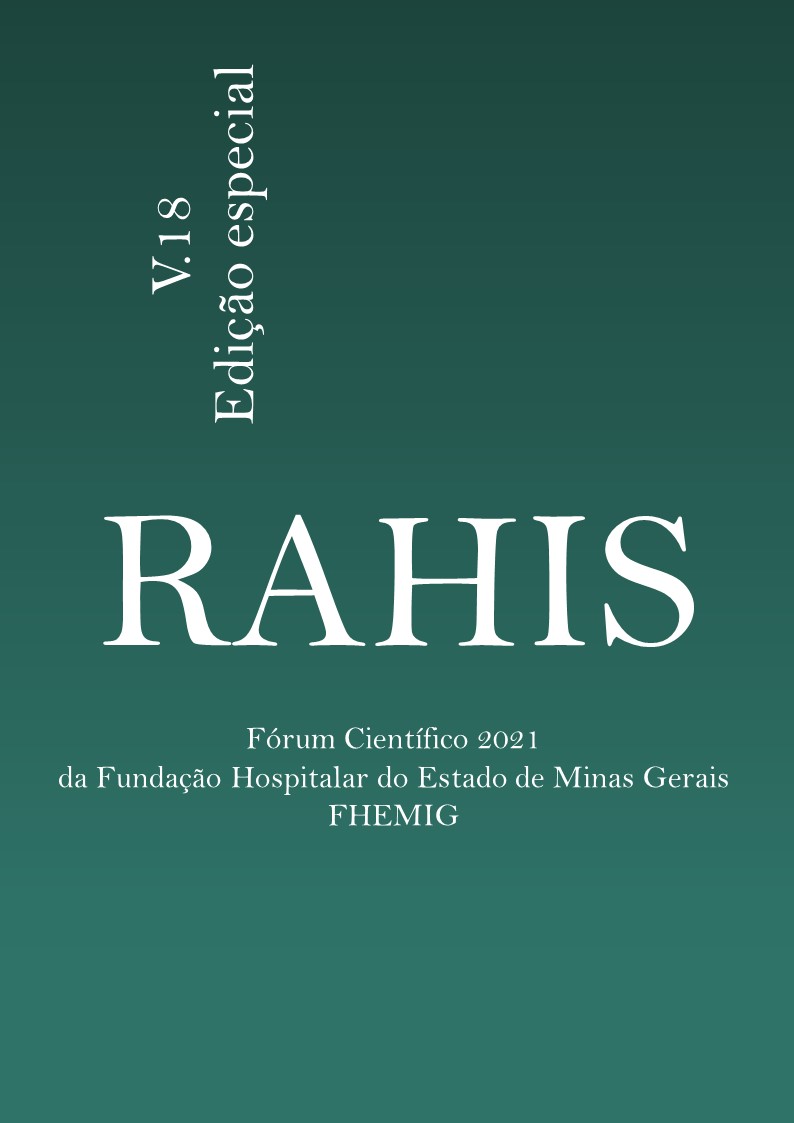Abstract
INTRODUCTION: Teenage pregnancy impacts the socioeconomic, biological, family and emotional structure.
OBJECTIVE: To analyze the epidemiological profile of pregnant teenagers attending prenatal care at Hospital Júlia Kubitschek.
METHODOLOGY: Observational, cross-sectional study involving 186 patients seen between the years 2018 to 2020 through interviews with a structured questionnaire applied in the first prenatal consultation in a reference maternity hospital in Belo Horizonte. RESULTS: The study followed pregnant women between 11 and 17 years of age, with primiparity being reported in 91.9% of cases. About 75.3% of the participants were single and most lived with their family/parents. The main provider was the mother of the teenagers with an average income of one minimum wage. About 38.2% dropped out of school and 13.8% was due to pregnancy. The average onset of sexual activity was 14 years and less than 16% reported planned pregnancy. All respondents knew at least some contraceptive method and around 78% reported inconsistent use of contraceptive methods mainly because they did not want to use the method (30.6%). 61.5% of the interviews reported that their mother had children in adolescence with an average age of 15.9 years. About 82.9% of the participants evolved to vaginal delivery, 17.1% via cesarean delivery, and 15% of the births were premature. The mean weight of the newborns was 2,900 grams, while the mean Apgar score for the first minute was 8.1 and for the second minute it was 9.
CONCLUSION: Understanding the profile of adolescents allows interventions and improvements in sex education processes, promoting the consistent and correct use of contraceptives through reception, confidentiality, aiming at multidisciplinary care.
